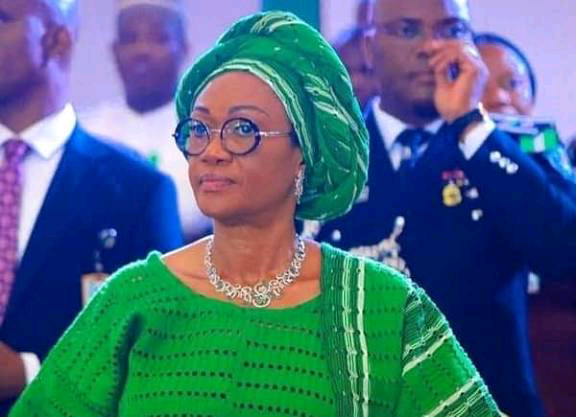Prioritize Vulnerable Groups In Digital Justice Era, National Judicial Institute Urges Judges

The National Judicial Institute (NJI) has called on judicial officers across the country to be particularly mindful of the unique vulnerabilities faced by women, children, and marginalized communities as the justice system increasingly embraces digital transformation.
This directive was highlighted during a recent workshop aimed at preparing the judiciary for the challenges of the digital era.
The NJI, in collaboration with the National Human Rights Commission (NHRC), hosted a digital rights workshop from May 12 to 15, 2025, for judges of the Federal High Court and the National Industrial Court.
The event was designed to equip judicial officers with the knowledge required to navigate the complexities of digital rights, data protection, and the ethical implications of technology in the justice sector.
Speaking at the workshop, the NJI emphasized the need for judicial officers to recognize the potential for digital technologies to either bridge or widen existing gaps in access to justice. Women, children, and marginalized groups often face distinct challenges in the digital space, including privacy violations, cyber harassment, and digital exclusion, which can complicate their pursuit of justice.
The NJI has been proactive in promoting digital literacy among judicial officers, recognizing that rapid advances in Information and Communication Technology (ICT) have fundamentally altered the landscape of legal practice.
The Institute’s leadership stressed the importance of ongoing training to ensure that technology enhances, rather than hinders, the delivery of fair and accessible justice.
Justice Kudirat Kekere-Ekun, the Chief Justice of Nigeria, has also underscored the judiciary’s commitment to embracing technological innovations to modernize the administration of justice. He emphasized the need to view technology as an ally in the pursuit of fairness, rather than a threat to existing legal frameworks.
In addition to its partnership with the NHRC, the NJI has worked closely with the Nigerian Communications Commission (NCC) to conduct workshops on the legal implications of telecommunications.
These collaborations aim to address the ethical, procedural, and legal dimensions of emerging technologies, ensuring transparency, fairness, and due process.
The NJI’s initiatives reflect a broader commitment to ensuring that Nigeria’s digital transformation does not come at the expense of vulnerable groups. By focusing on digital literacy and inclusivity, the Institute aims to prevent further marginalization and uphold the principles of fairness and justice in the digital age.
As Nigeria continues to modernize its justice system, the NJI’s focus on inclusivity serves as a crucial reminder that the benefits of digital transformation must extend to all, particularly those most at risk of being left behind.








